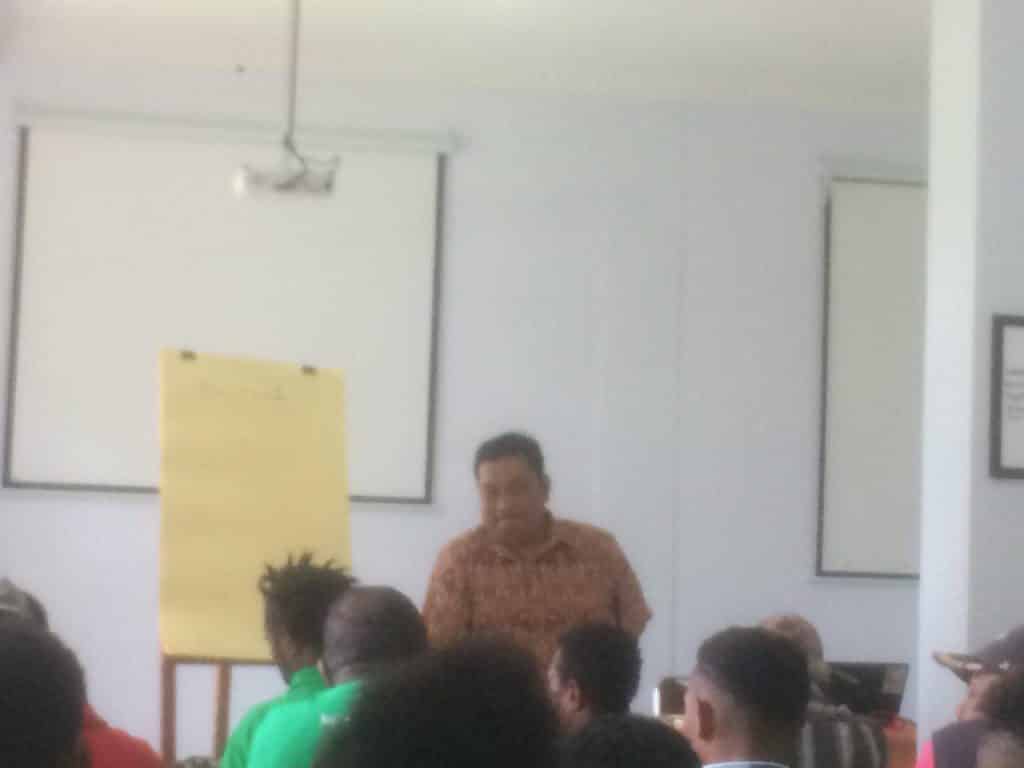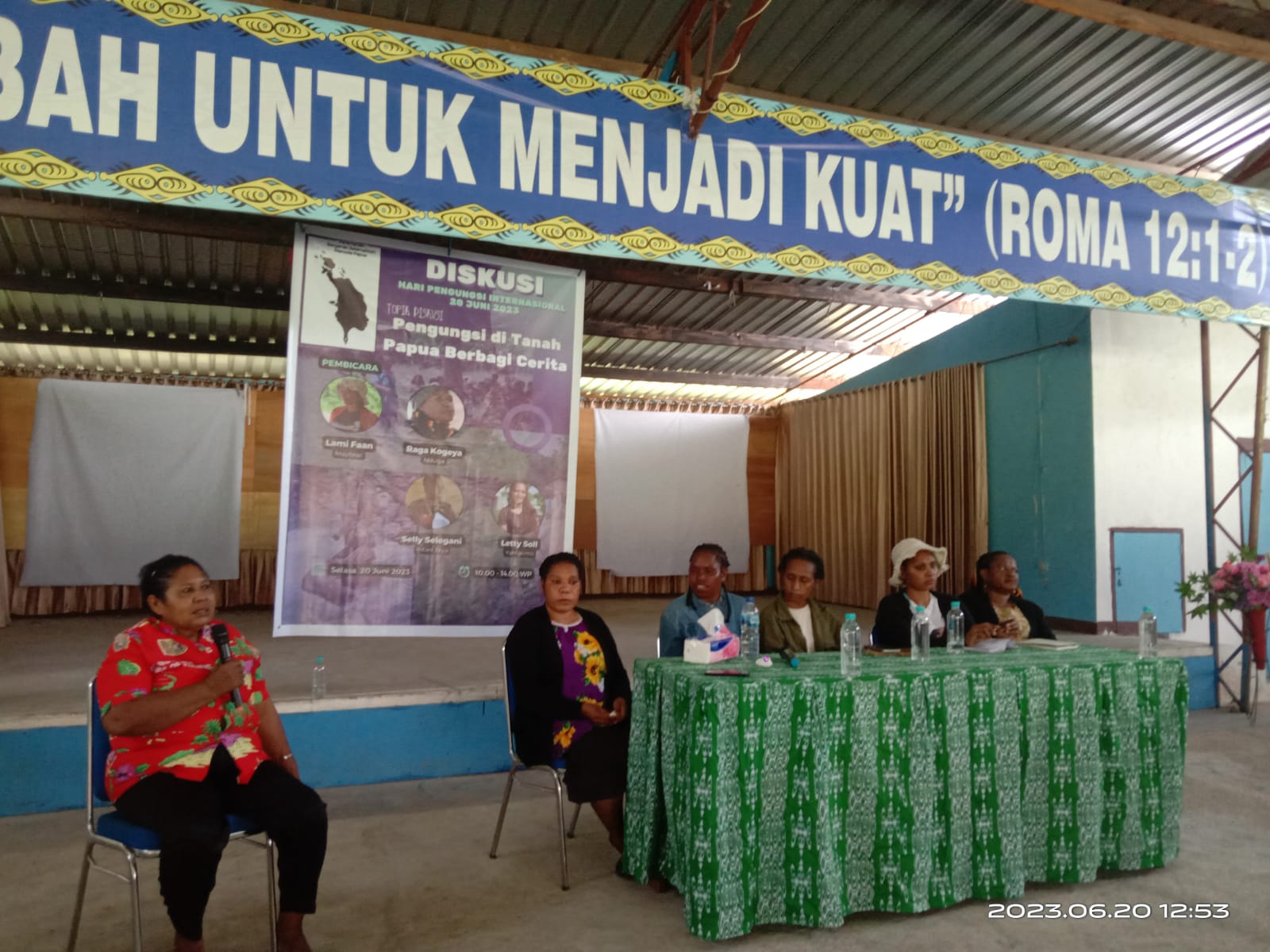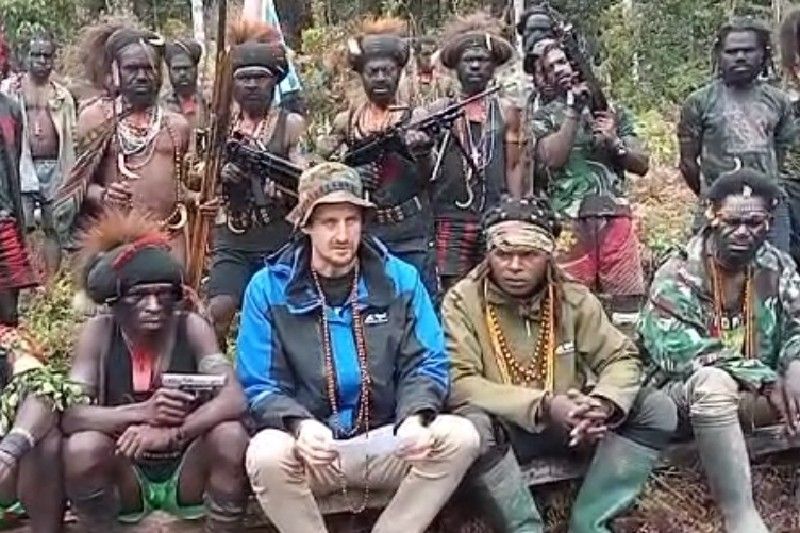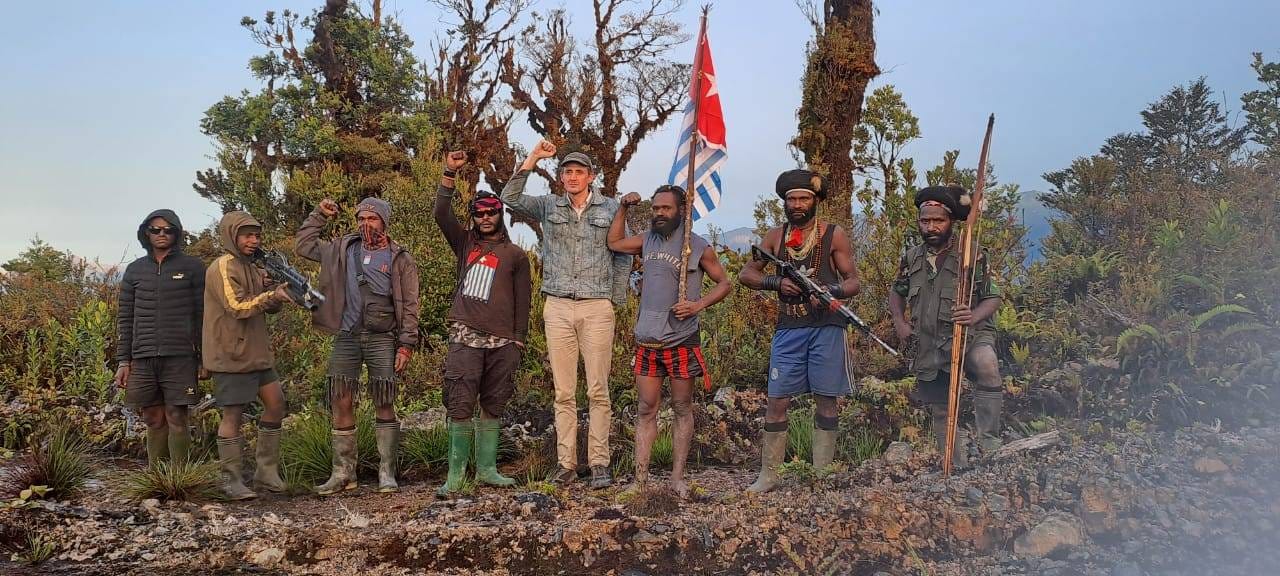
Jayapura, Jubi – The World Wide Fund for Nature or WWF-Indonesia conducted training for indigenous people to manage their customary forests.
The training was a response to illegal logging occurred in Papua as well as illegal timber companies who take benefits on timber sales in Papua by purchasing wood at a low price then selling in in the market with the higher price.
To address this issue, WWF-Indonesia held a specific training on wood harvesting planning technique using the Reduced Impact Logging (RIL) method on Tuesday, 13 August 2019, in Jayapura. Participated in the training were indigenous people holding a Business License for the Utilization of Indigenous Forest Timber Products (IUPHHKA-MA) whom members of Koperasi Serba Usaha (KSU-a cooperative).
Piter Roki Aloisius, the Northern Papua Landscape Manager of WWF-Indonesia, told Jubi that WWF involved seven groups of the provincial legal timber business permits holders who are accompanied by WWF in this training.
“There are 13 groups, but not all working due to the implementation of Governor Regulation No. 13 on the Business Permit for the Utilization of Customary Community Timber Forest Product. Also, there is no synchronization between the provincial government and the central government related to the Forestry Law Number 41 of 2019 with Perdasus (special regional law) Number 21 of 2010 in Papua Province, “he said.
The seven KSUs and an ecotourism business group of WWF’s fostering groups are located in various regencies. They are KSU Mo Make Unaf from Merauke, KSU Jibogol from Jayapura, KSU Nafa from Nabire, KSU Kumea Ampas from Keerom, KSU Sapusaniye from Sarmi, and KSU Kornu and KSU Year Asai from Yapen Island Kepulauan Yapen, with the total of concession area of 33,691 hectares, whereas the ecotourism group Rhepang Muaif is located in Nimbonkrang Sub-district of Jayapura Regency.
So far, no coordination was made regarding the issuance of NSPK. However, while waiting for the issuance of NSPK, Aloysius said that WWF is responsible for fostering the established group by providing technical assistance.
“So, these groups will understand why they cannot carry out activities until now. However, by the time they got their NSPK, they will ready to manage their forests independently in sustainably and responsibly manners. Also, after this training they will understand how to manage the timber and forest products properly by reducing the impacts of its utilization,” he said.
He also explained that so far indigenous Papuans were not visibly utilizing their forest products. However, he believes that through a series of training and mentoring, indigenous people can take an initiative to carry out customary forest management.
“In Papua, if indigenous people process can process their timber by themselves, their daily income will higher,” he said.
According to him, the local community sell woods from the customary forest at the price ranging of Rp 300 thousand per tree, but a businessman sells the wood to the city market at a higher price. So, the local community loses twice because of this businessman.
“Community empowerment to improve the welfare of indigenous peoples is not only the responsibility of NGOs but also the government,” he said.
Meanwhile, Andreas Simoberef from KSU Tetom Jaya in Sarmi Regency said after being accompanied by WWF, he had opened a furniture industry. The income from this industrial business is higher than selling wood at a low price and the forest is being damaged, while it needs decades to growing trees.
He just opened this business for a year and found enthusiastic demand. Therefore, he is unable to serve all orders in a month. “This is a sign that indigenous peoples should not sell the wood. If indigenous peoples carry the timber management by themselves, they earn more income,” he said. (*)
Reporter: David Sobolim
Editor: Maizier Pipit















